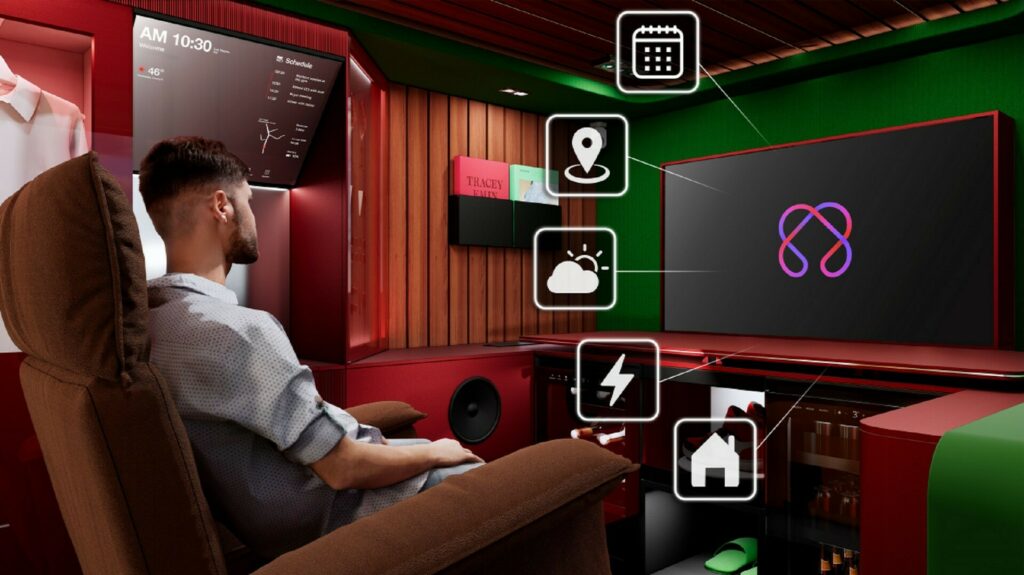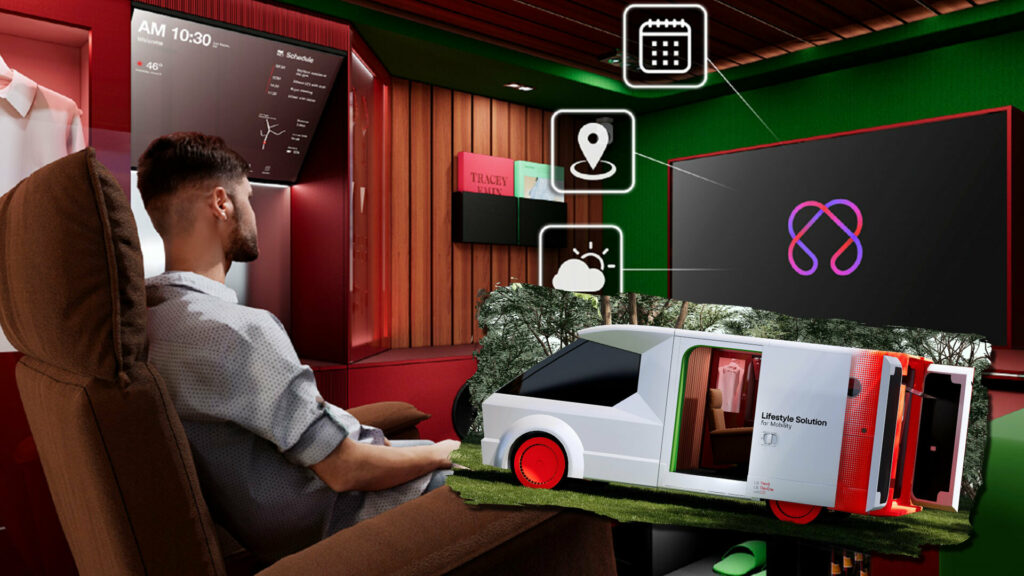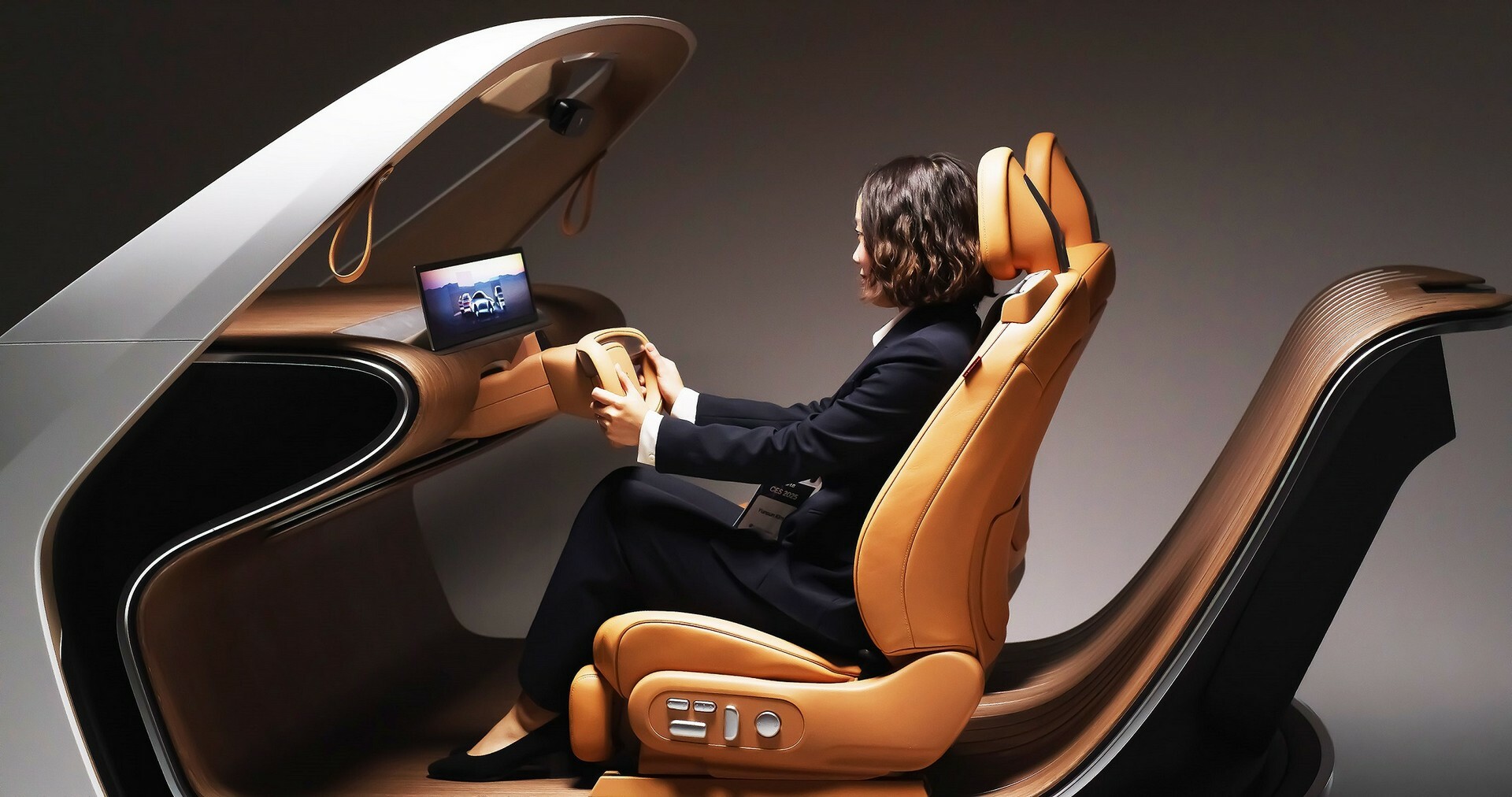- LG will use CES to introduce a new concept as well as an AI-based interior monitoring system.
- The Lifestyle Solution for Mobility concept is a futuristic van with a customizable rear section.
- It can be transformed into anything from a high-tech man cave to a business lounge.
The Detroit Auto Show kicks off next week, but you’d be hard-pressed to tell by the lack of news and excitement. However, the same can’t be said about CES as we’ve seen a steady stream of announcements.
That continues today as LG has revealed plans to introduce the Lifestyle Solution for Mobility concept. It’s a futuristic van with a “dual-cabin design.” The front appears to have a traditional cockpit, while the rear offers a “customizable experience space.”
More: Honda Teases New 0 Series Prototype EVs For CES, Including SUV
This space is unsurprisingly the star and it’s highly customizable. LG didn’t go into many specifics, but mentioned converting it into a creator studio or business lounge. Users could also create separate zones for hobbies and relaxation and even equip the model with LG appliances.
The promotional image shows a man cave setup with a refrigerator, wine cooler, and TV. We can also see a comfortable chair, wood paneling, and a secondary display that shows important information.

The concept uses the LG Mobility Experience (MX) platform, which is said to align with “prevailing auto industry trends and customer preferences, which are shifting away from traditional notions of transportation and towards the idea of vehicles as a personalized lifestyle space.” The company added, “The platform offers a tailored lifestyle experience where the latest products, AI solutions and services synergize to support superior user comfort and convenience.” This means users can easily check their schedule or order food from the vehicle.
In other news, LG will showcase an “AI-based in-cabin sensing solution.” It uses artificial intelligence as well as driver and interior monitoring systems to intuitively adapt to your needs. This includes everything from providing personalized driving routes to information about nearby points of interest.
The system can also determine the driver’s health and emotional state by using real-time heart rate monitoring and facial expression recognition technology. This could be used to alert drivers to their “level of alertness and overall wellbeing.”








